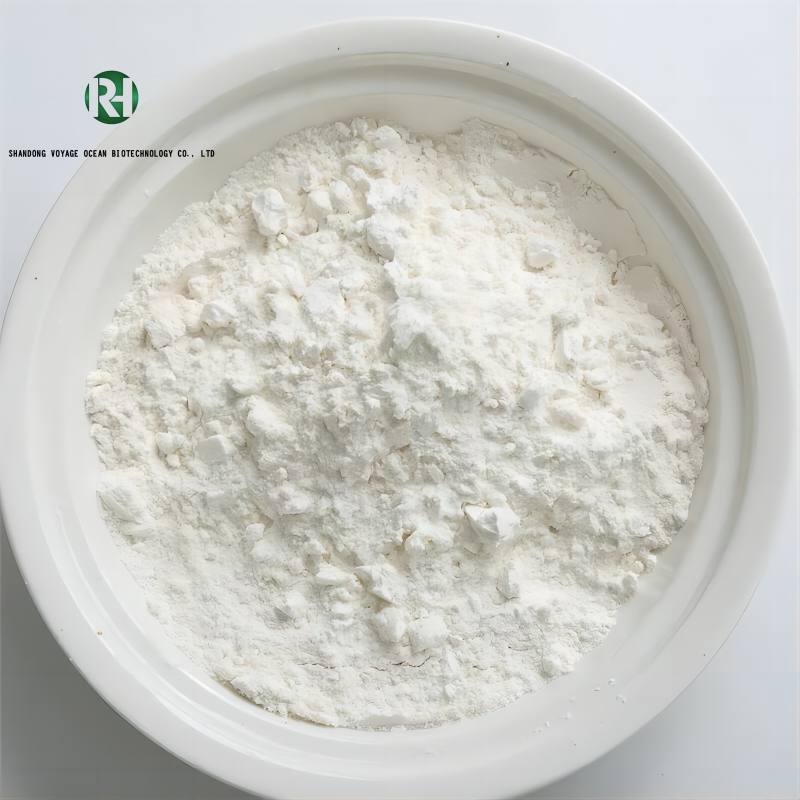Nature: reveal why about 40% of bacteria lack CRISPR CAS system
-
Last Update: 2020-01-27
-
Source: Internet
-
Author: User
Search more information of high quality chemicals, good prices and reliable suppliers, visit
www.echemi.com
January 27, 2020 / biool / - -- in a new study, researchers from the University of Exeter in the UK, the University of Montpellier in France and the University of Otago in New Zealand revealed how the bacterial immune system is harmful to their hosts and explained why they are not found in many bacteria The relevant research results were published online in the nature Journal on January 22, 2020, and the paper title is "targeting of temperature phases drives loss of type I CRISPR – CAS systems" Picture from nature, 2020, DOI: 10.1038/s41586-020-1936-2 CRISPR CAS is a bacterial immune system that protects bacteria from infection by viruses (called phages) The mechanism of this immune system is to steal a small segment of virus DNA and use this segment of virus DNA to target and destroy the matched virus genome in future infection CRISPR CAS targeting destroys the genome of the virus, which means that no new copies of the virus can be produced Previously, the Westra research team and van houte research team of the Institute of environment and sustainable development of the University of Exeter have found that CRISPR CAS has excellent resistance to lytic phages, which are phages that proliferate in host cells and cause bacterial cells to burst to release more virus particles (Current Biology, 2015, DOI: 10.1016 / j.cub 2015.01.065; nature, 2016, doi:10.1038/nature17436)。 However, viruses usually follow a "lysogenic" lifestyle, which means that they can be integrated into the host genome and remain dormant until triggers (usually related to host stress or signals from other phages) cause them to re-enter the cleavage pathway "Our new results show that the bacterial immune system cannot eliminate lysogenic phages, and often leads to harmful autoimmune responses to the host during phage infection," explained Clare Rollie and Anne chevallereau, the first author of the paper and researcher at Westra laboratory This type of autoimmune response is caused by the CRISPR CAS system that targets the viral DNA integrated into the host genome, leading to cell death and virus release They found that bacterial cells that lost CRISPR CAS from their genomes were able to survive and proliferate, avoiding damage caused by autoimmune targets Therefore, the lack of such a critical immune system is an advantage They also stressed that "anti CRISPR protein is a small molecule inhibitor produced by phage, which can counteract the host's CRISPR CAS immune response, and was previously thought to be only beneficial to the phage making them, but in fact, they also provide protection for the host In this case, deactivating the host immune system will stop the autoimmune response and prevent bacterial death " Bacterial autoimmune response is caused by a mismatched "spacer", which is the sequence that guides CRISPR CAS system to viral DNA These researchers found that these phage mismatched spacer sequences often occur in nature, so this autoimmune response may be a common result of having CRISPR CAS system Importantly, this may help to explain why CRISPR CAS only exists in about 40% of bacterial genomes, and is often obtained and lost from closely related bacterial strains (BIOON Com) reference: 1.clare Rollie et al Targeting of temperature phases drives loss of type I CRISPR – CAS systems Nature, 2020, doi:10.1038/s41586-020-1936-2 2.Autoimmunity may explain why an important immune system is absent in many bacteria https://phys.org/news/2020-01-autoimmunity-important-immune-absent-bacteria.html
This article is an English version of an article which is originally in the Chinese language on echemi.com and is provided for information purposes only.
This website makes no representation or warranty of any kind, either expressed or implied, as to the accuracy, completeness ownership or reliability of
the article or any translations thereof. If you have any concerns or complaints relating to the article, please send an email, providing a detailed
description of the concern or complaint, to
service@echemi.com. A staff member will contact you within 5 working days. Once verified, infringing content
will be removed immediately.







